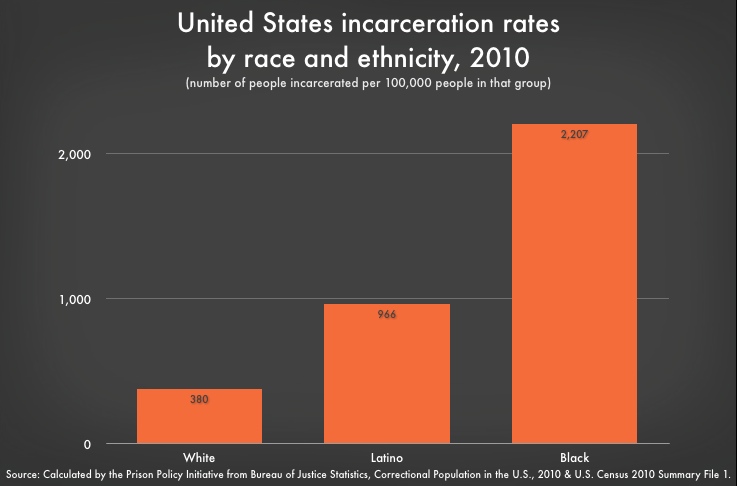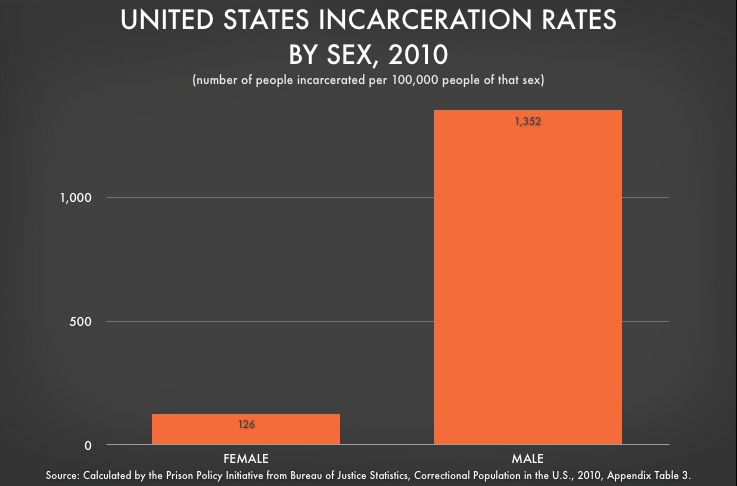Here in part 2, I want to be brief, but I think it is time that the "No Excuses" Reform movement answer some questions that simmer beneath their claims of "no excuses" and "poverty is not destiny." I want to move past the data and to why that data exist, and it is in the why that what claims the "No Excuses" Reformers are making become clear.
• Every year the SAT has been administered, there has been a powerful and consistent positive correlation between parental income/parental level of education and student scores. Except for the more recent writing section of the SAT, another important pattern includes that males score higher than females in the math and reading sections (although the names for these sections have changed over the years). And yes, there are also clear patterns connected with race. (View SAT data HERE). My question is, what is the why behind this data? If we follow the logic of the rugged individualism narrative, the why must lie in the students and thus within gender, race, and class. Is one gender inherently superior to the other, one race superior to the other, one class superior to the other? These top scores are then deserved within the categories—ostensibly a reflection of innate ability, effort, or both? I need this answered.
•And what about our prisons? Disproportionately housing males, and disproportionately housing African American males. What's the why here? (See the data HERE.) Those in prison have created their lot purely because this is what they deserve due to something inherent in their gender and race?


I could spend more time with the data, the mountain of data showing strong correlations within subcategories by gender, race, and socioeconomic status, but we are spending far too much time on that data and almost no time with the why—and the disturbing implications lurking beneath "no excuses" ideology.
In 2011, white males remain disproportionately in the ranks of the winners. Females and people of color remain outliers in the rarefied air of the 1%. But few people chanting the "no excuses" mantra will take the next step and explain or confront why—or acknowledge that this ideology implies an answer that perpetuates racism, classism, and sexism.
To aspire to a society based on equity and merit is to dream as Martin Luther King Jr. did, but to make claims that equity and merit do in fact exist in order to mask the pronounced privilege that is the status quo of the U.S. is the same strategy that quotes King's "I Have a Dream" in order to ignore his more challenging arguments:
"The curse of poverty has no justification in our age. It is socially as cruel and blind as the practice of cannibalism at the dawn of civilization, when men ate each other because they had not yet learned to take food from the soil or to consume the abundant animal life around them. The time has come for us to civilize ourselves by the total, direct and immediate abolition of poverty."And note that King didn't implore us to urge those living in poverty to suck it up, work harder, and simply take advantage of our meritocracy. No, he confronted sloganism that trumps action: "Let us be dissatisfied until America will no longer have a high blood pressure of creeds and an anemia of deeds."
Unless I can hear an argument otherwise, I remain convinced there is no excuse for the "no excuses" claim, in society or in schools. Social context matters, and social norms create the winners and the losers regardless of some genuine merit. To cling to hollow ideals simply because they appear to promote a national character only insures to corrupt that character, and likely destroy it.
2012 is our year as leaders, educators and students to protest. http://theasideblog.blogspot.com/2011/12/is-2012-year-for-educational-reform.html
ReplyDelete